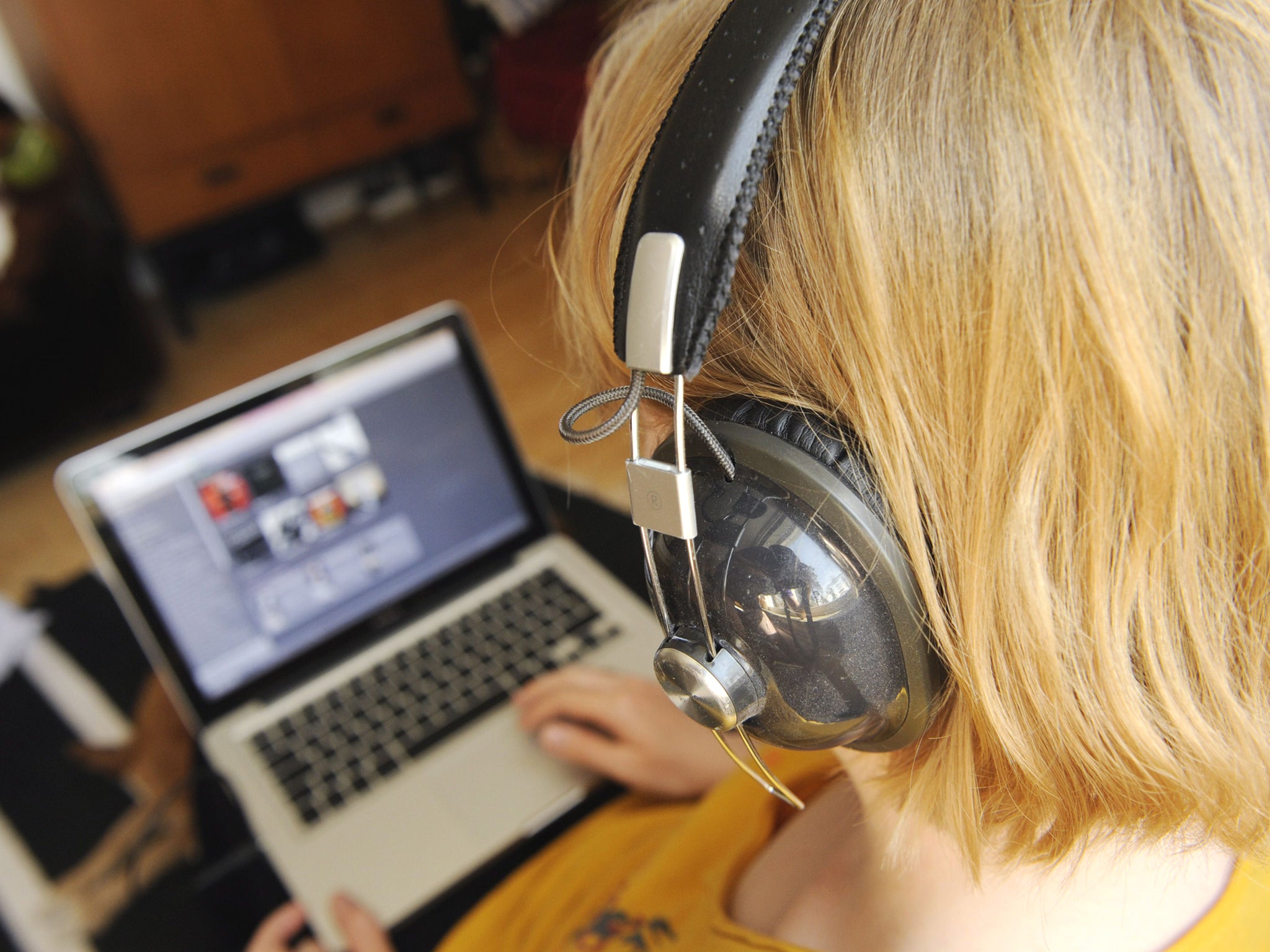Music and film industries winning war on piracy, says report
There were 260 million pirated films and TV shows downloaded in 2008 but that figure has fallen to 120 million

Digital piracy, scourge of the entertainment industries for more than a decade, has finally been conquered, according to a new report from Norway.
Music piracy has plummeted by 82.5 per cent in Norway in the last four years, according to Norwegian research body Ipsos MMI.
There has been a dramatic fall in the number of songs illegally copied, from 1.2 billion in 2008 to 210 million last year.
The number of films and television programmes being illegally downloaded has also slumped by more than a half.
There were 260 million pirated movies and TV shows downloaded in 2008 but that figure has fallen to 120 million.
The decline in illegally copied files was ascribed to the rise of legal alternatives, such as streaming service Spotify for music and Netflix for film, which offer consumers a more reliable experience than peer-to-peer file-sharing sites.
The statistics demonstrated that tougher anti-piracy laws, demanded by music and film companies, were no longer required, web freedom campaigners argued, since the market was driving file sharing to the margins.
The Ipsos panel found that 47 per cent (representing around 1.7 million people in Norway) said they use a streaming music service such as Spotify.
Just over half said that they pay for the premium option, which is £10 a month for unlimited, advert-free music in the UK.
While television show piracy has reduced by half in four years, it actually peaked at the start of 2011 with 200 million shows copied without permission.
But unauthorised copying is down more than 72 per cent since then, as subscription streaming services such as Netflix have become more prominent.
The Norwegian research echoed figures from music trade body IFPI this year, which revealed the first increase in global music industry revenues since 1999.
The 0.3 per cent increase was fuelled by a strong growth in digital sales, with Apple’s iTunes still dominating the market for paid-for downloads.
The Official Charts Company has predicted that 2013 will be the biggest year for single sales in UK chart history, thanks to tracks such as Daft Punk’s Get Lucky, with download sales up 2.5 per cent on last year.
But the BPI believes that those signs of recovery will be choked off without continued action against piracy. In a landmark case, the High Court ordered ISPs to block The Pirate Bay, the website which helps internet users find content for download via peer-to-peer networks.
Another factor in the decline of pirated material on the web was the 2012 closure of Megaupload, one of the most popular file-sharing platforms. US Federal prosecutors accused it of costing copyright holders more than $500m (£320m) in lost revenue.
In Norway, the apparent victory over piracy was achieved with only token attempts to prosecute illegal file-sharers. New measures to force ISPs to block copyright infringing sites, which come into effect in the country this month, are now unnecessary, argued the website Torrentfreak.com.
“When you have a good legitimate offer, the people will use it,” said Olav Torvund, former law professor at the University of Oslo.
“There is no excuse for illegal copying, but when you get an offer that does not cost too much and is easy to use, it is less interesting to download illegally.”
Scandinavia is leading the global music industry revival. Revenues were up 17 per cent in Norway for the first half of 2013, with streaming services accounting for two-thirds of all income.
Sweden, home to Spotify, reported music revenue up 13.8 per cent whilst in Denmark a survey found that 81 percent of those who admitted to illegally downloading music claimed to have stopped after gaining access to a legal streaming service.
The BPI this week welcomed the creation of a new UK Police Unit dedicated to cracking down on piracy.
The Intellectual Property Crime Unit will have the power and resources to shut down pirate sites, seize criminal assets, and prosecute organised crime gangs running illegal services online.
Join our commenting forum
Join thought-provoking conversations, follow other Independent readers and see their replies
Comments
Bookmark popover
Removed from bookmarks